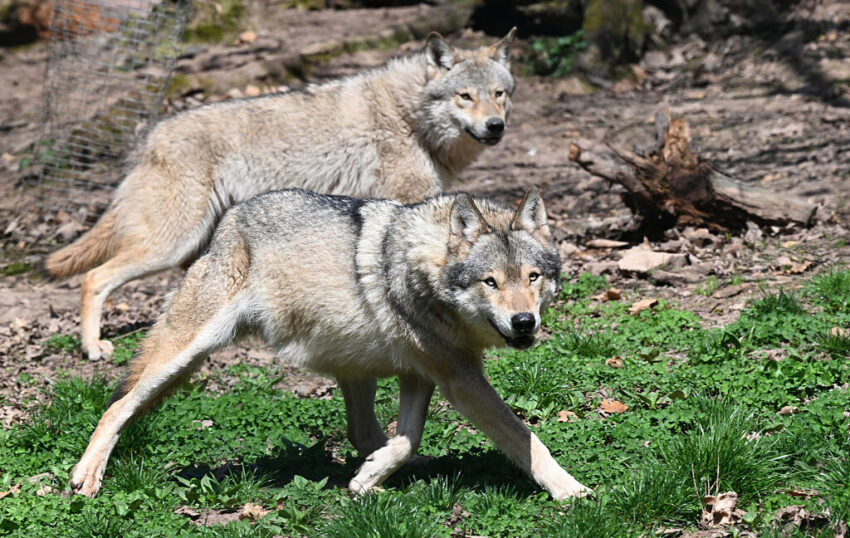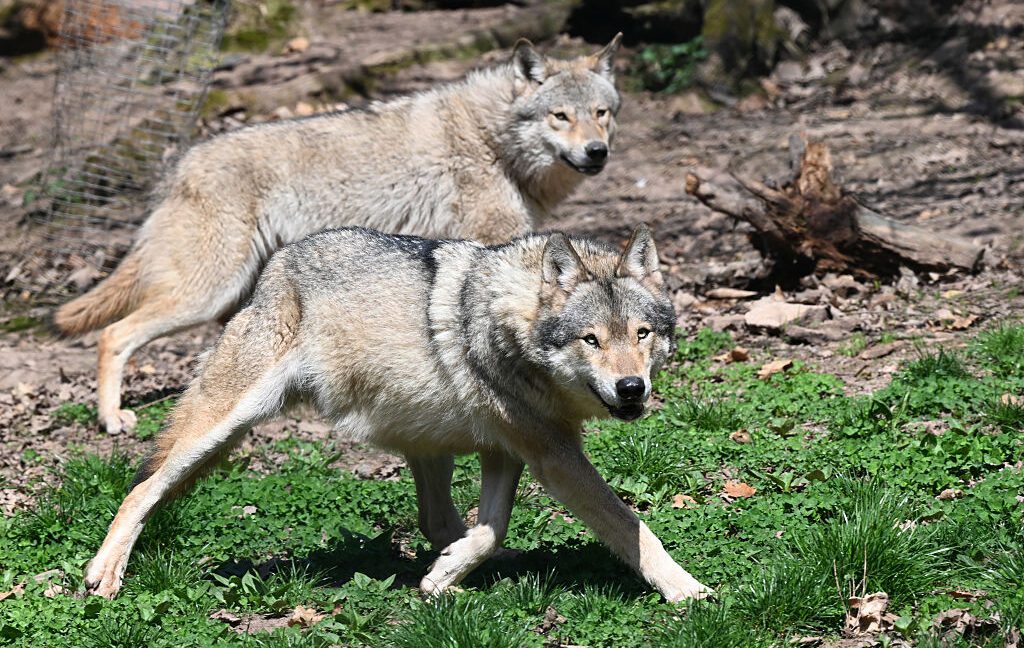
even with protections wolves still fear humans Recent changes in the European Parliament regarding the status of wolves have reignited debates about human-wolf interactions and the implications for wildlife management.
even with protections wolves still fear humans
Change in Legal Status
In May 2025, the European Parliament made a significant decision to alter the legal status of wolves within the European Union (EU). The classification shifted from “strictly protected” to “protected,” allowing member states to permit hunting under specific conditions. These conditions typically include scenarios aimed at protecting livestock, which has become a contentious issue among various stakeholders.
The rationale behind this legislative change was rooted in concerns that modern society’s increasing tolerance towards wolves has led to the emergence of what some have termed “fearless wolves.” Proponents of the change argued that these wolves, no longer afraid of humans, pose a growing threat to livestock and, by extension, to rural livelihoods. However, this perspective has been met with skepticism from the scientific community.
Scientific Skepticism
Michael Clinchy, a zoologist at Western University in London, Canada, has been at the forefront of research addressing this issue. Clinchy and his team conducted a pioneering study aimed at investigating whether wolves have genuinely lost their fear of humans. Their findings, published in a recent paper, challenge the prevailing narrative that has influenced policy decisions.
“Regulators made it clear, though, that there is no scientific evidence to back this up,” Clinchy stated. “So we did the first-of-its-kind study to find out if wolves have really lost their fear of humans. We proved there is no such thing as a fearless wolf.” This assertion is critical, as it underscores the need for evidence-based policy-making in wildlife management.
Historical Context
To understand the current dynamics between humans and wolves, it is essential to consider the historical context. The portrayal of wolves in folklore, such as the infamous “big bad wolf” trope found in stories like Little Red Riding Hood, has long influenced public perception. These narratives, combined with the real economic impact of wolf predation on livestock, led to extensive hunting practices throughout the 19th and early 20th centuries.
By the mid-20th century, aggressive hunting and habitat destruction had pushed wolf populations in Western and Central Europe to the brink of extinction. Human-wolf encounters became exceedingly rare, and the mythical fear surrounding wolves began to wane. However, the tide began to turn in the 1970s when wolves were designated as a protected species across Europe and North America. This legal protection allowed wolf populations to rebound and reoccupy some of their former habitats.
Implications of Wolf Recovery
The resurgence of wolf populations has had profound ecological implications. Wolves play a crucial role in maintaining the balance of ecosystems, often referred to as a “keystone species.” Their presence helps regulate populations of herbivores, which in turn affects vegetation and overall biodiversity. However, this recovery has not been without challenges, particularly in areas where livestock farming is prevalent.
As wolves reestablish themselves in various regions, conflicts with farmers have become more frequent. Livestock predation can lead to significant economic losses, prompting calls for management strategies that include regulated hunting. The recent change in the EU’s legal framework reflects a growing sentiment among some stakeholders that hunting may be necessary to mitigate these conflicts.
Stakeholder Perspectives
The debate surrounding wolf management is multifaceted, involving a range of stakeholders, including farmers, conservationists, policymakers, and the general public. Each group has its own perspective on the implications of wolf recovery and the appropriate management strategies.
Farmers’ Concerns
For many farmers, the return of wolves has been a source of anxiety. Livestock predation can lead to financial hardship, particularly for small-scale farmers who may not have the resources to implement protective measures. Farmers often advocate for more flexible management options, including regulated hunting, to protect their livelihoods.
“We need to find a balance between protecting wildlife and ensuring that farmers can sustain their businesses,” said a representative from a farmers’ association. This sentiment highlights the need for collaborative approaches that consider both ecological and economic factors.
Conservationists’ Viewpoints
On the other hand, conservationists argue that regulated hunting could undermine the progress made in wolf recovery. They emphasize the importance of maintaining a stable wolf population for ecological health and advocate for non-lethal methods of conflict resolution, such as improved livestock protection measures and compensation schemes for farmers who experience losses due to predation.
“We must prioritize coexistence strategies that allow both wolves and farmers to thrive,” stated a conservation advocate. This perspective underscores the complexity of wildlife management, where competing interests must be carefully balanced.
Research and Evidence-Based Policy
The findings from Clinchy’s study are particularly relevant in this context. By demonstrating that wolves have not lost their fear of humans, the research challenges the narrative that has driven recent policy changes. It raises important questions about the role of scientific evidence in shaping wildlife management strategies.
“Our research highlights the need for policies that are grounded in scientific understanding rather than anecdotal evidence or fear-based narratives,” Clinchy emphasized. This call for evidence-based policy is crucial, especially in light of the potential consequences of mismanaged wolf populations.
Future Directions
As the EU navigates the complexities of wolf management, it will be essential to consider the implications of the recent legal changes. Policymakers must engage with scientists, farmers, and conservationists to develop comprehensive strategies that address the concerns of all stakeholders.
Furthermore, ongoing research into wolf behavior and ecology will be vital for informing future policies. Understanding how wolves interact with their environment and with humans can provide valuable insights into effective management practices.
Conclusion
The recent shift in the legal status of wolves in the EU has sparked renewed discussions about human-wolf interactions and wildlife management. While some argue that wolves have become fearless, scientific evidence suggests otherwise. As wolf populations continue to recover, it is imperative to balance ecological considerations with the economic realities faced by farmers. Collaborative approaches that prioritize coexistence and are informed by scientific research will be essential for ensuring the future of both wolves and rural communities.
Source: Original report
Was this helpful?
Last Modified: October 21, 2025 at 10:40 pm
2 views















